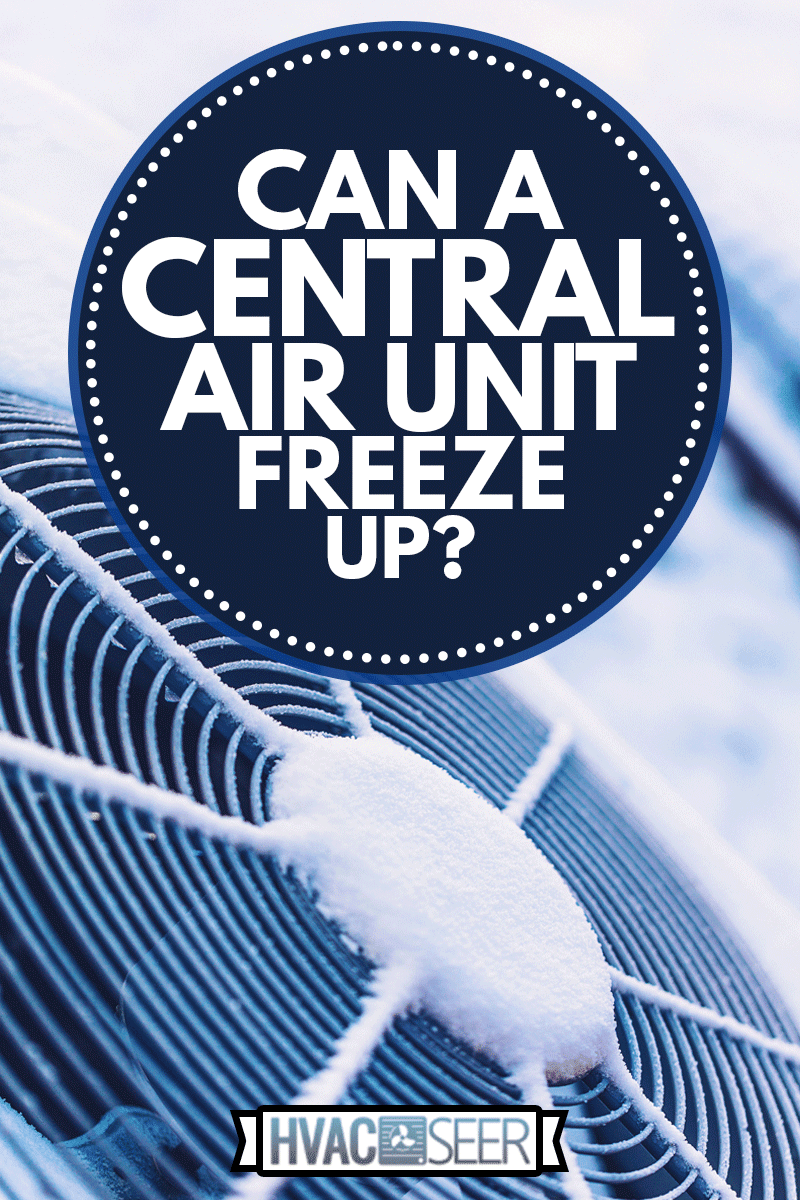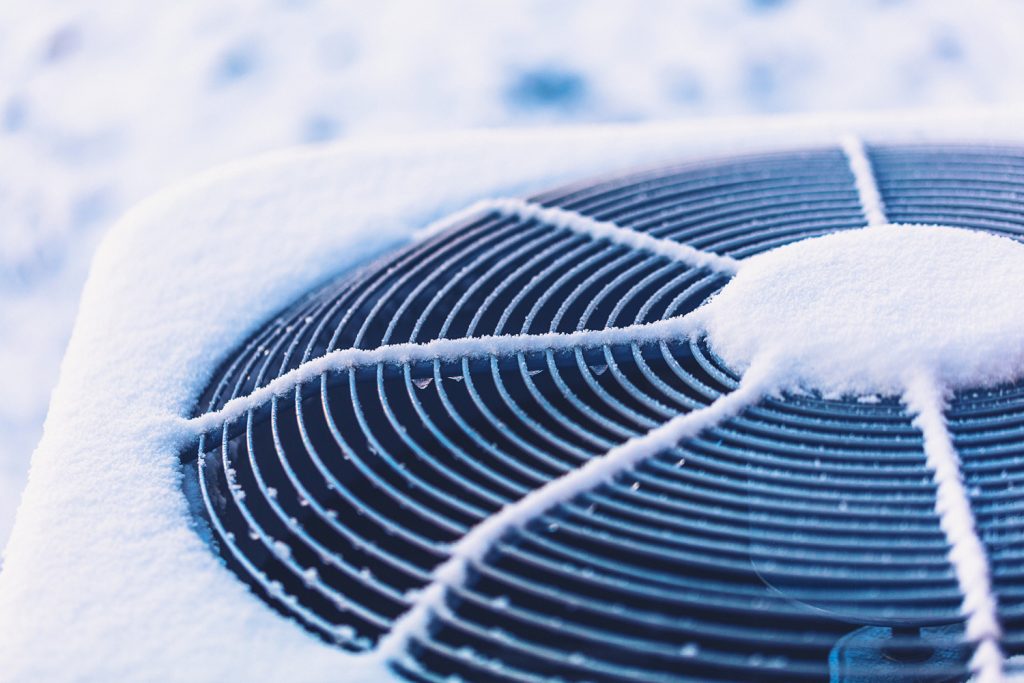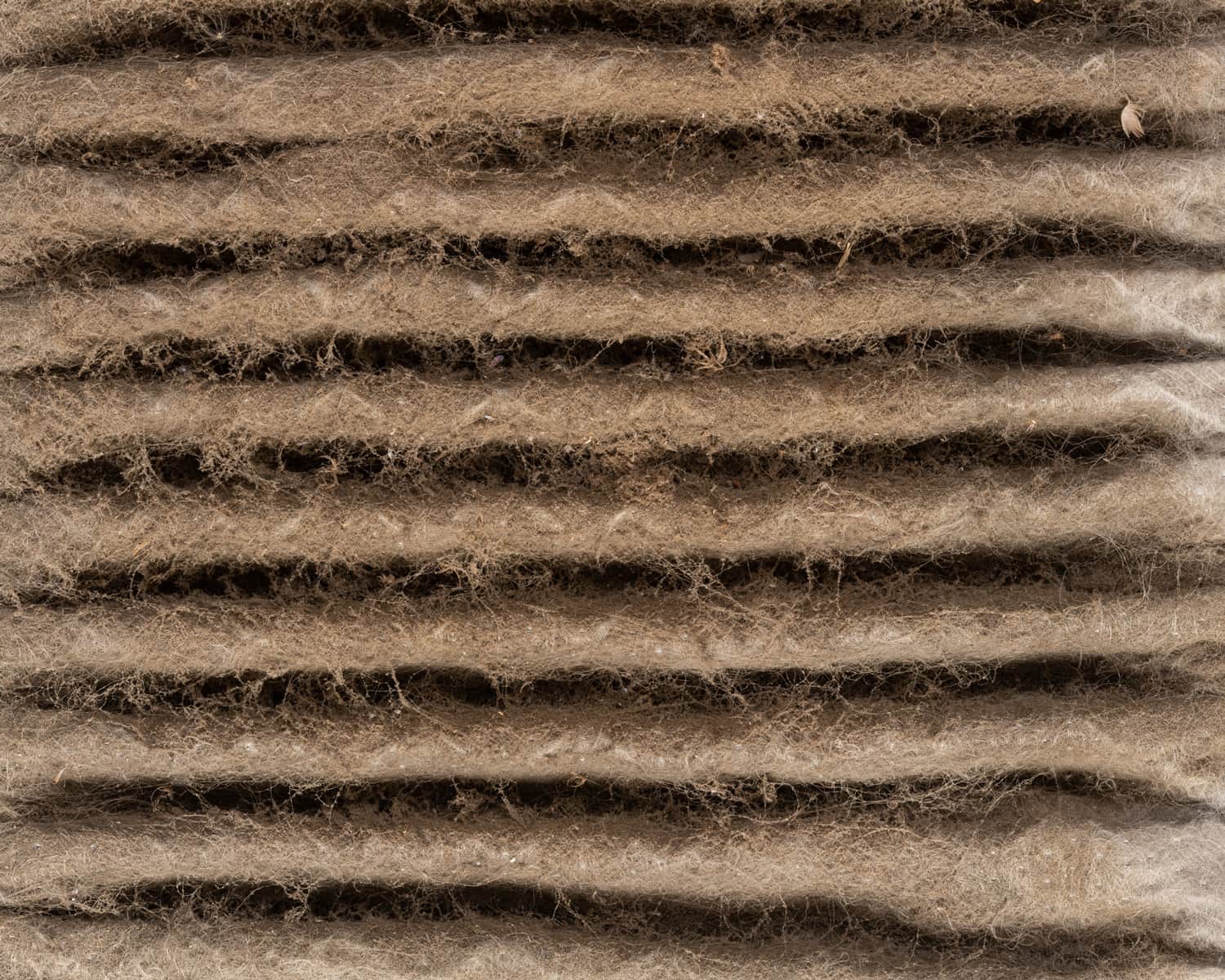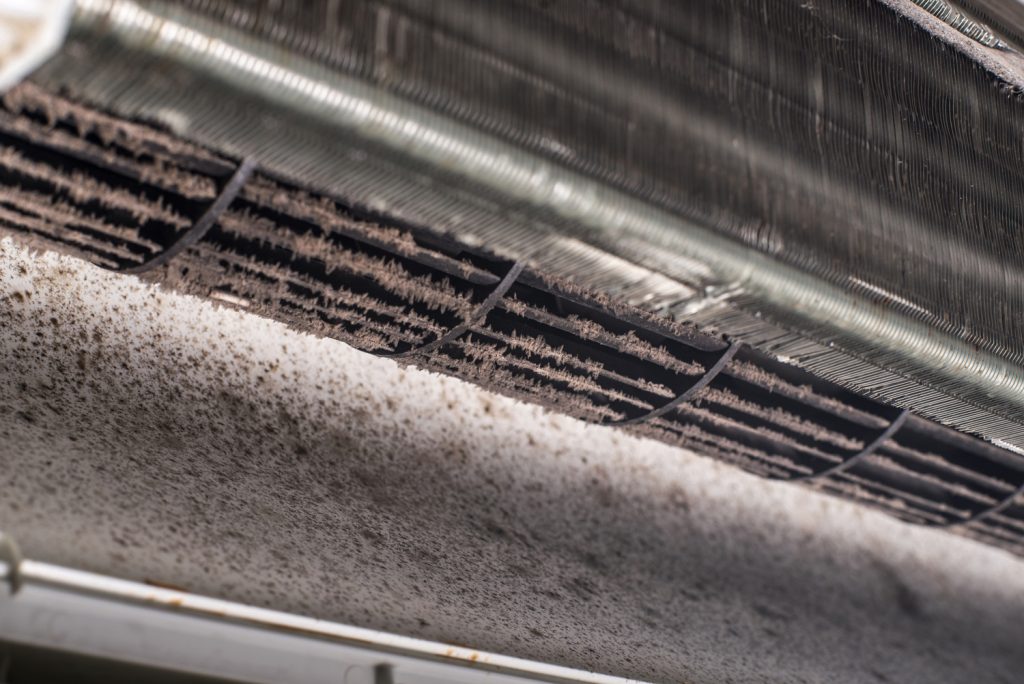It is a scorching, hot day, and all you can do at work is dream of the central air in your living room. Unfortunately, upon getting back, you find the machine providing air warmer than the sun itself! Frustrated, you look for signs of damage - it turns out the unit has frozen. But what is this weird phenomenon of central air freezing up? If you're wondering if this situation is possible for ACs and how to fix it, let's take a look!
Yes, your central air unit can freeze up. This situation occurs when one of the unit's components overclock, damaging the balance between temperature, air, and pressure. As a result, ice builds up on the coil, and the AC fails to pass cool air.
If you suspect your central air to have frozen up, you must understand the approach you'll need to take now. It begins by diagnosing the problem, then taking immediate steps for unfreezing. You must solve each issue and take preventive measures to prevent it from occurring again. In this in-depth breakdown, we discuss each of these steps and more!

How Do You Know if Your HVAC Is Frozen?
An air-conditioner freezing up while the sun shines bright outside is - without a doubt - a weird idea. The first step to correct the issue is to identify it. The signs of a frozen HVAC are some that you may mistake for more technical AC issues. Therefore, carefully take a look for the following indicators:
- The air coming out is warm, or no air is passing at all.
- A thin ice layer is visible on the indoor unit or the exterior of the condensate drain.
- Turn the power off and open the panel to the system. Examine the different components. Is there ice on the air filters, the coil, or the condenser? Do you notice a lot of dirt on any parts?
- The air conditioner may pass out a weird hissing sound, indicating the lack of proper airflow.
- The area around the unit may show signs of leakage or water damage.
At What Temperature Will an AC Unit Freeze?

If the temperature for the refrigerant drops below 32 degrees Fahrenheit, ice will begin building on the coils. After some time, this will cause the AC unit to freeze.
How To Unfreeze the Unit?
Before you diagnose the root problem of the issue and eliminate it, it is crucial to unfreeze the system.
- The first step is to let the ice thaw. To do so, you must not provide any power to the system. Turn it off from the circuit breaker and switch the thermostat off. The process may take up the whole day, and you must not turn the unit on during this time.
- Once thawed, it is time to dry the system. Open the access panel, turn the fan on and let the system air dry. If possible, take out a few components and place them under sunlight. The idea is to promote air circulation to dry the coils before resuming operation.
How Long Does It Take for AC To Unfreeze?
Depending upon the extent of freeze-up, it will take about 1-24 hours for the ice to thaw and the system to dry.
Why Does My Central AC Keep Freezing Up?
Your air-conditioner works based on complex thermodynamics laws. It may only function properly when all its components maintain a balance between temperature, pressure, and airflow. The following is an analysis of how different parts of the central air contribute to its collapse.
Low Refrigerant Levels Are A Big Culprit
The role of a refrigerant in the air-conditioning system is of great significance. However, if a malfunction prevents warm air from blowing over the coils, the pressure within the system will shift. This shift will allow the refrigerant to continue the cooling process until ice begins to form. You will typically see ice develop on the coils.
This malfunction is, in fact, a refrigerant leak. Over time, due to constant friction between AC parts or lack of maintenance, joints in the system become loose. Pressure in the system changes once the refrigerant starts escaping out of these spaces.
Regardless, the system cannot work with low refrigerant levels. In such a case, it will either give back warm air or nothing at all.
Solution
Dealing with a refrigerant leak is a complex process. If you've found that a leak is the source of your problems, you will need a professional to fix it. Get an appointment with an HVAC technician to get to the root of the problem.
The system will first need enough coolant to recharge. Then, the technician will follow the symptoms to understand where and what caused the leak. After identification, they will repair the damaged area.
Clogged Air Filters Are a Big No!

The air filter is the heart of the system. It is the source through which fresh air enters inside, and air pollutants are trapped behind. However, dust accumulation on the filters will hinder the path of the warm air. This will, in turn, cause an ice layer to develop atop the evaporating coil. Thus, a few specs of dust will eventually overpower the whole system.
Solution
Turn off the system and remove the air filters. Thoroughly wash them, ensuring you scrub in all places to remove the dust. Once dried up, place them back inside. It is recommended that you clean air filters every month or two.
However, by the second or third cleaning routine, it is better to get the filters replaced altogether.
Evaporating Coils Get Dirty Too

Beyond simply cleaning the exterior of the AC, you must tune it up from the inside too. It is likely that dust and debris have made a home on the evaporating coils over time and stand in the way of the air to reach out.
Since the dust obstructs heat transfer, the coil and the refrigerant will no longer work in peace. The refrigerant may continue doing its job to cool the coil. But, the lack of warm air will make the process counter-productive. Ice will begin forming, slowly increasing until the whole coil is frozen in place.
Solution
Fortunately, with proper technique, you may clean the dirty coils yourself. However, before doing that, you must ensure the system is unfrozen.
- For minor debris build-up, use a soft brush to scrub off the debris by hand.
- If the debris is too firm, pass compressed air through the space in a direction opposite to the airflow of the system.
- Spray a commercial cleaner on top of the dust and let it be for a few hours. As the cleaner works to scrape off the dust, gently wipe it away with a cloth or brush. Efficient foaming cleansers are widely available in the market.
- If you’d like to avoid a commercial product, mix a mild detergent with water in a spray bottle.
- Formation of grime or heavily-soiled coils requires heavy-duty cleaning methods such as pressure washing or steam wash. In some cases, a complete replacement of the coil can be necessary. We suggest you hire an HVAC technician for this purpose.
Click here to see this cleaner on Amazon.
Hidden Contributors to the Freeze
Blower Fan
All of the air circulation in the central air is dependent on the blower fan. Thus, a damaged blower fan fails to maintain the airflow and pressure and causes the coils to freeze up. Get a professional to fix it as a replacement can be costly.
Vents
It is common practice to close a few supply vents when the unit is not in use. However, make sure you don’t close more than two or three, as a blockage in the vent hinders airflow and causes the system to freeze up.
Ductwork
Similar to how dust affects the circulation of air, poorly maintained ductwork does too. It can keep warm air from entering, causing a significant temperature fluctuation. Fix small cracks and gaps with duct tape but get a professional to check up in case of bigger damage.
Will a Bad Thermostat Cause AC To Freeze Up?
A thermostat with poorly installed settings or some physical damage can contribute to the AC freezing up. For instance, if the temperature is set too low, the AC system will overclock, and the temperature inside will majorly drop. This creates high chances for freeze-up of the condenser itself or the evaporating coil.
How Do I Keep My Air Conditioner From Freezing Up?
Getting the issues in the system fixed is an ideal approach to unfreeze the system. However, without taking preventive measures, your efforts would be of no use. Fortunately, there is a simple way to prevent your air conditioner from freezing up again.
All it takes is routine maintenance. A thorough maintenance process should be performed once a year by a hired professional. Apart from that, you should inspect the air filters, the coil, and other components for signs of freeze every month or two.
Final Takeaway
While it might seem impossible, a central air unit can freeze up. Of course, you have to make sure that this situation applies to your problem. Finding the root of the problem and fixing it is the only thing that stops you from experiencing comfort again! We hope you found the information above helpful.
Before you go, do you have other air conditioning concerns? Did you consider pouring hot water over the frozen air to defrost it? You can find out if it's a viable method in our post here.
Are you still waiting for the unit to defrost? You can find out how long it takes in our post here. Until next time!

